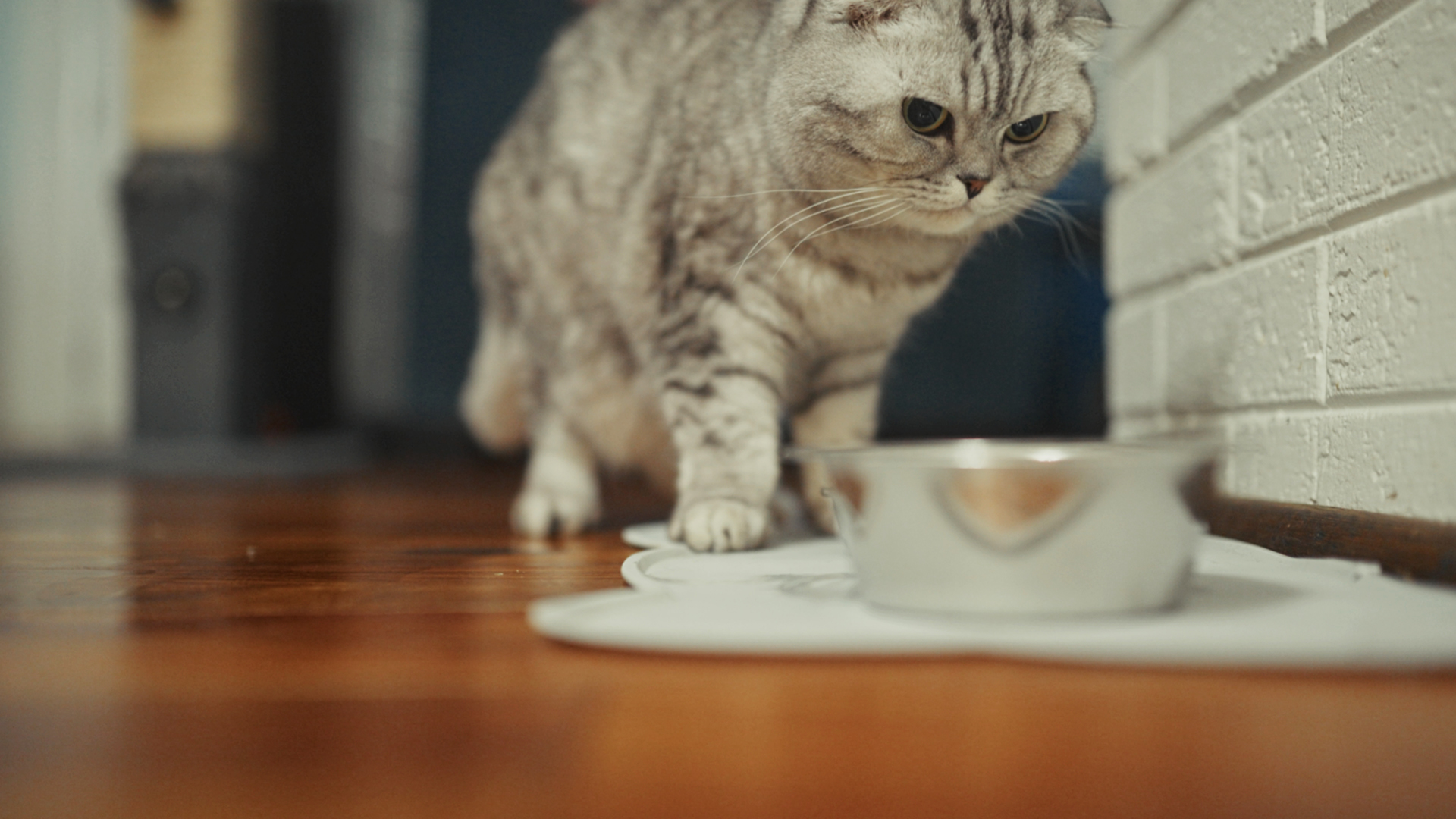At Columbia Pike Animal Hospital and Emergency Center, we want to help you understand two of the most common hormonal conditions that affect cats: hyperthyroidism and diabetes mellitus. These endocrine diseases are especially common in older cats, and early diagnosis makes a big difference.
What Are Endocrine Diseases?
Endocrine diseases are caused by hormonal imbalances that disrupt how the body functions. In cats, the most frequent issues are hyperthyroidism, where too much thyroid hormone is produced, and diabetes mellitus, which affects insulin levels.
Signs of Diabetes in Cats
Cats with diabetes often show:
-
Increased thirst
-
Increased urination
-
Bigger appetite
-
Weight loss despite eating well
Diagnosis is done with simple blood and urine tests. Treatment includes daily insulin and a prescription diet that is high in protein and low in carbohydrates. Some cats may even need less insulin over time with the right food.
Signs of Hyperthyroidism in Cats
When a cat has hyperthyroidism, their metabolism speeds up. Common symptoms include:
-
Weight loss
-
Increased appetite
-
More energy or restlessness
-
Increased thirst and urination
-
Vomiting
-
Changes in grooming or coat condition
-
Rapid heartbeat or a new heart murmur
We diagnose hyperthyroidism with blood work that includes T4 levels. Most cases are easy to confirm. For borderline cases, additional testing may be recommended.
Treatment Options for Hyperthyroidism
There are two main ways to treat hyperthyroidism:
-
Methimazole, a twice-daily oral medication that controls hormone levels
-
Radioiodine therapy (I-131), which is a one-time treatment done at a specialized facility and often leads to a long-term cure
Why Routine Exams Matter
Hyperthyroidism and diabetes are most common in senior cats, typically around age 13. That is why we recommend physical exams every six months for older cats. These visits help us catch problems early, even before you notice symptoms at home. Subtle weight loss, heart murmurs, and coat changes are all things we can detect with a thorough exam.
The Good News
Both conditions are treatable, and most cats feel much better with proper care. With the right diagnosis and treatment, your cat can gain weight, feel more comfortable, and return to their normal routines.
If your cat is showing any of these symptoms or is over 7 years old, schedule a senior wellness exam today.
Sign up for one of our Wellness Plans, which include regular exams, lab work, and other essential care to keep your cat healthy and catch problems early.
Early detection leads to better outcomes. Call us or book online to get started.
Town & Country Animal Hospital: www.townandcountryanimalh.com
Columbia Pike Animal Hospital: www.columbiapikeanimalh.com


